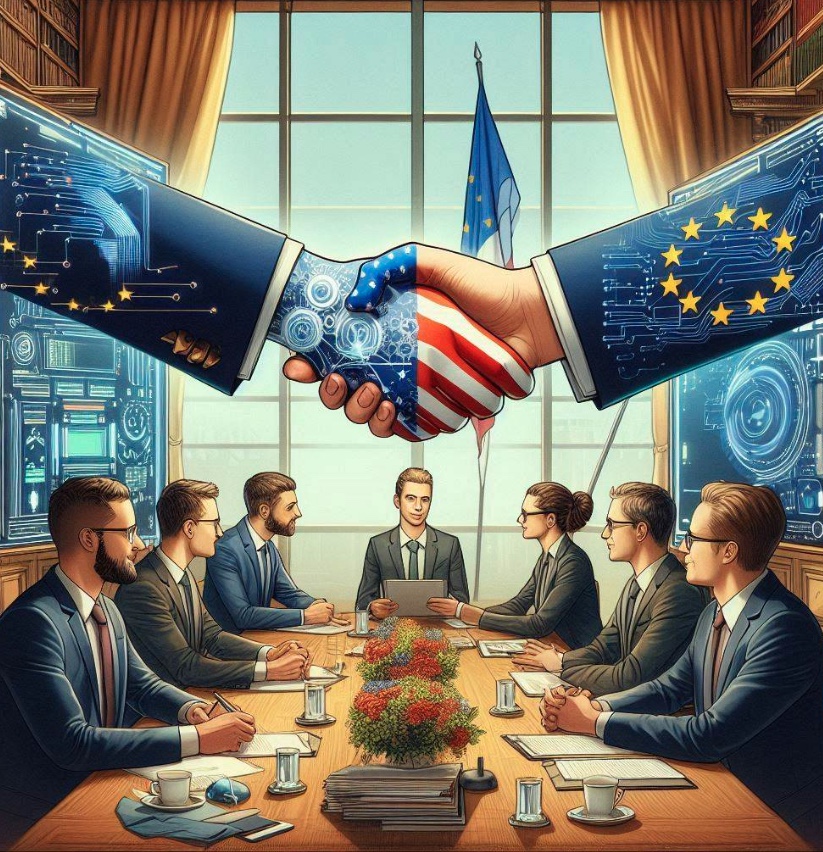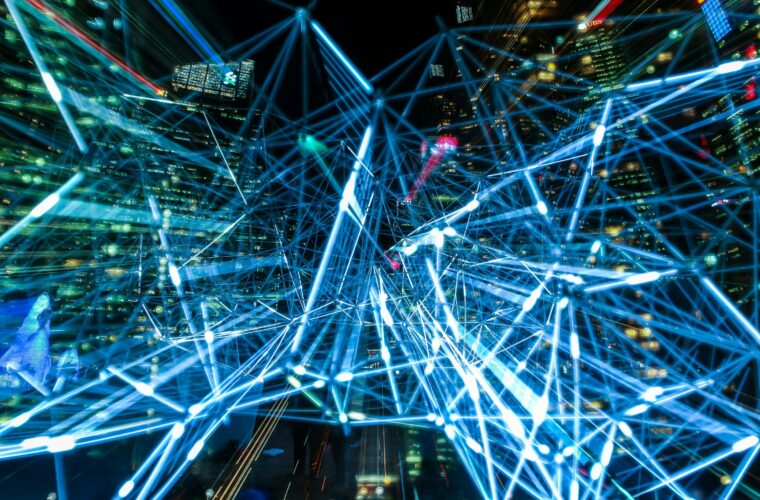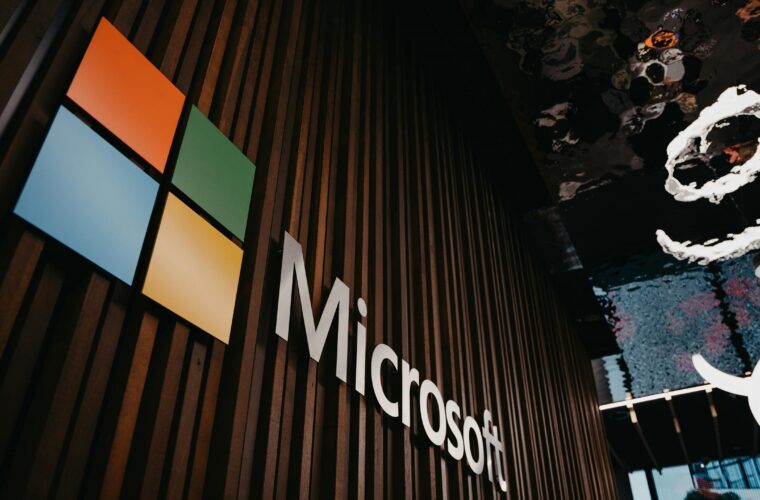Trump’s triumph in the 2024 election marks his return to the presidency of the United States in an era dominated by the meteoric rise of artificial intelligence. Prominent figures such as Elon Musk predict that AI could equal or even surpass human intellect by 2026. For his part, Trump has expressed dissenting views on AI, calling it both an extraordinary resource and a looming danger. One of the first moves of the new Trump administration could be to rescind the AI bill enacted by Joe Biden in 2023, which introduced protections for civil rights and privacy. It is plausible, however, that some national security measures will be preserved. Trump’s foreign policy could exacerbate China’s rivalry by restricting semiconductor exports, hindering Beijing’s access to the most innovative technologies. Open-source AI is another controversial issue: some Republicans support its free movement, while others, concerned about its strategic implications, propose restrictions.
The AI Safety Institute, established under President Biden, may undergo reorganisation or receive limited support. Analysts such as Samuel Hammond argue that a substantial portion of the Republican Party sees AI as a strategic opportunity and a national security benefit. How Trump intends to reconcile innovation and regulation in this area is still being determined.
In a curious interweaving of past and future, The Beatles have been nominated for two Grammy Awards nearly fifty years after the band’s disbandment. The song “Now and Then,” released in November 2023, was restored and completed thanks to AI and is in the running for the Record of the Year award, vying for the title with the likes of Beyoncé, Billie Eilish and Taylor Swift. The song and Green Day and Pearl Jam tracks were also nominated in the “Best Rock Performance” category. “Now and Then” originates from a demo recorded by John Lennon in the 1970s, which in the 1990s was proposed to the other band members for inclusion in the Anthology project.
The quality of our democratic systems
The Grammy rules state that only works created by human beings can enter the competition, but they allow the use of AI elements in the appropriate categories. Winners will be announced at the awards ceremony on Feb. 2, 2025. It is also true that the advent of Big Tech and its overwhelming power challenge the principles of authority and sovereignty, raising the concern of the brightest minds of our time. There is a growing awareness of the loss of national sovereignty in Europe due to technological dependence on the U.S. and China. However, the ability to find solutions to this complex issue still seems insufficient.
We are facing a crucial issue that affects the quality of our democratic systems since the phenomena affecting information – starting with the credibility, transparency and authoritativeness of sources – have a direct impact on the formation of public opinion, consensus building, the transparency of public powers and, ultimately, the stability and quality of our democracies. In our context, the media (including the Internet and digital media) have always been a tool and indicator of the health of democracy, and information is constantly caught between serving as the “watchdog” of power and being accused of being its accomplice.
These reflections are not new. As early as the mid-1980s, the limits of democracy were critically analysed, denouncing the opacity of power, the persistence of oligarchies and the inadequacy of civic education for citizens. What is new in recent years is the rapidity with which these phenomena manifest themselves in the digital ecosystem, disrupting established patterns and imposing an unprecedented paradigm shift. A further novelty is the direct entry into politics of technology tycoons, who control information and increasingly influence public opinion. Musk may be just the first example of this new scenario.

Europe, the judge of a common destiny
Listening to the “shadow president” of the U.S. richest man in the world, a major player in the field of AI, owner of the largest private fleet of satellites, and creator of a multimillion-dollar lottery to support Trump’s candidacy, described by journalist Gideon Rachman as “a geopolitical missile without a compass”-exposes his personal vision of democracy and free speech, raises not a few concerns. European diplomacies, for now, limit themselves to ritual congratulations and recalling historic transatlantic ties as a guarantee of future cooperation. The reality, however, is quite different, as evidenced by rumours of possible U.S. disengagement from NATO and Trump’s low regard for Europe and its institutions.
There needs to be more than the laudable regulatory efforts made by the EU in recent years (the IA Act, the DSA and the DMA) to compete with Big Tech and the superpowers. Europe must act promptly to develop a common policy strategy for research, innovation, defence, and security. Otherwise, its position in the global landscape will be compromised. Europe must once again become a “community of destiny,” as advocated by its founders, to avoid becoming irrelevant. The problem is that many of Europe’s enemies lurk within it, occupying positions of power and gaining consensus in different countries.
It is up to European democratic forces of liberal, Christian and socialist inspiration to counter these tendencies. If Europe wants to defend the values enshrined in its founding treaties, there is no other way. Otherwise, the European Democracy Action Plan’s warning that “democracy cannot be taken for granted” will turn out to be an ominous prophecy. And the idea that the markets must adapt to democracy, and not vice versa, will succumb in the face of an opposing vision, the result of the alliance between an elitist, rule-indifferent global capitalism and the disoriented, dead-end masses.



